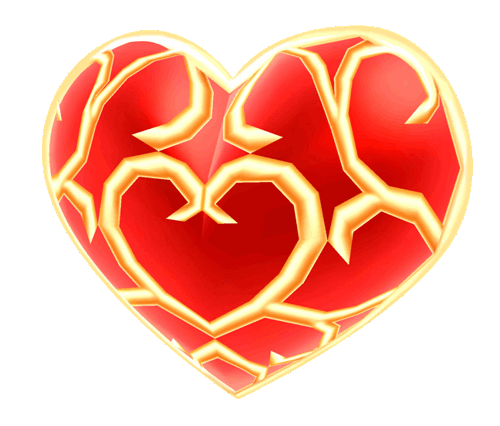
Possible Spoilers: Before I just dive right into what relationships actually are recurring, and other stuff about the relationships, let's discuss what relationships there are and how they've been created or evolved over the years. Obviously, we'd go back to the same format as the Link's Looks article, and start from the first game and continue from there, but not spending as much time on each game and probably not getting to every game, just a brief sentence or two or so on the game of interest. I'll try to make it as exciting as possible for those who aren't into romances that much...but not that kind of excitement. This isn't 50 Shades of Gray, after all, but read on anyway.

First and foremost, the relationship between Link and Zelda has evolved dramatically since the first installment of the franchise. Of course there are a few exceptions, but for once, Skyward Sword takes the cake for being excellent in the relationship area. But, let's start with Zelda I. You're given a short description on how Zelda was kidnapped, and how it was up to you to save her and the land of Hyrule. It doesn't really say anything on a relationship, and then at the end, well the two of them are just there. Nothing really special about that. However, in Zelda II, you start the game right out next to her, as she's in a coma. I believe it's meant to occur right after the first game, which is supported by the timeline photo. Anyhow, you already know Zelda, but nothing really happened between you two. But at the end of Zelda II, she just thanks you...but after that curtain goes down, however, it's anyone's guess, but it may be safe to assume that Link just got the high score.
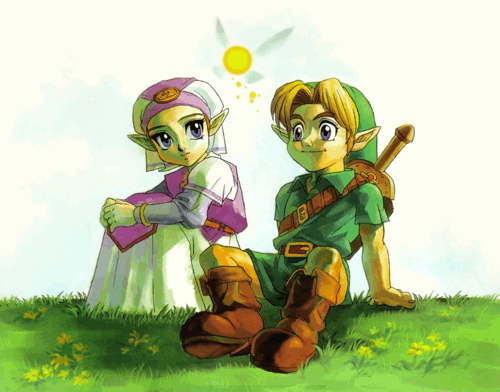
Let's skip around a little and jump to Ocarina of Time. At the start of this game, we don't know anything about Zelda, but after the first dungeon, we're told to go meet her. She says she dreamt about you, and then asks you to go to the Temple of Time, but of course to get there, you need two more stones. She sends you off to get two more stones, then when you return, she's running away from Ganondorf, and throws her Ocarina of Time at you to use. Then, when you see her again, you two almost have a moment, but Link does return to her in the end, and it can be assumed something happens between the two later, but nothing is ever definite, and judging by the start of Majora's Mask, things didn't go well between the two of them.
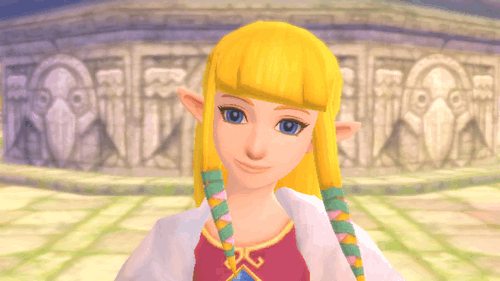
If we jump the gun to Wind Waker, we can see that Link and Zelda (Tetra), meet each other through certain circumstances and through fate. They become friends, and then wind up traveling together. However, in Minish Cap and Skyward Sword, the two of them are friends before the game even starts. In Minish Cap, Zelda goes to get Link to go to the festival where she wins a shield for him, and when Vaati attacks, he tries to defend her. It's clear that the two like each other, but we never get a true answer. In Skyward Sword however, the emotions are just flying between Link and Zelda! That was definitely one aspect they did well, the emotions in Skyward Sword. See, it's not all hate towards the game! It was fantastic to see all of the emotions that existed between Link and Zelda, and you knew that they had something romantic going on there. If Zelda hadn't been sucked away by the tornado, who knows what might have happened. And when Zelda goes to "sleep" and asks you to wake her up when it's all over is just heart wrenching!
Back to the main topic at hand, evolution. As you can see from all of the details above, as the game gets further into the series and franchise, the relationships become more developed. Of course it could just be a function of the time-line, but when you really look at it, Nintendo is able to create a more detailed storyline, because of the fewer limitations. The evolution is great, and I really look forward to seeing what other emotional aspects they can put in future Zelda games.
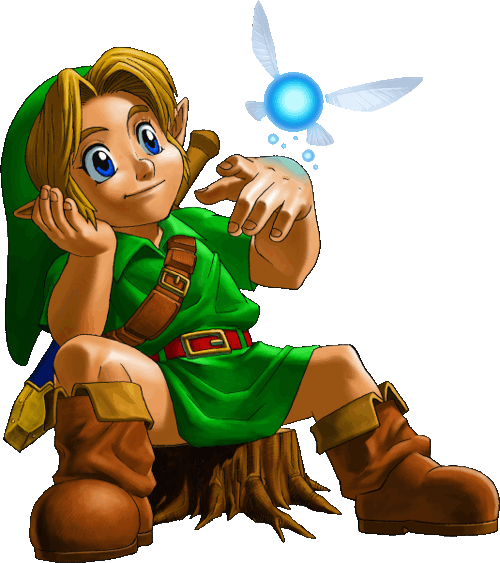
Now, the secondary topic at had, the recurring relationships. That is what this article is all about, after all...or what it was meant to be about. Anyhow, if you notice, Link has always built up an emotional bond with his companion, as well as Zelda. The companion is really the central part of emotion in the games. Even in Ocarina of Time, which is truly the first game where Link had a full blown companion, when she (Navi) left you at the end, you couldn't help but feel a surge of emotions coming forward knowing that you were going to miss her.
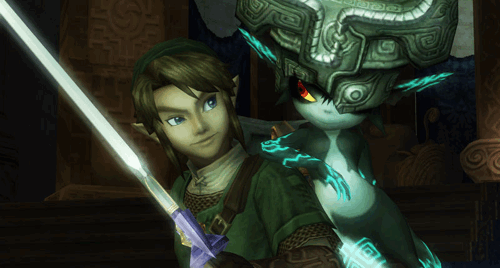
To take this further, lets start from the beginning of the franchise again. In Zelda I, you have the Old man more or less as your "companion" he's not really a companion, but he gives you hints here and there, like the Sage does in Link to the Past. Then, in Link's Awakening, you have the guy on the telephone, Ulria, who works a lot like the Sage in Link to the Past, just giving you some tips and pointers here and there, but a lot more in depth, and with proper grammar.. Navi was the true first companion though, always by your side, and helping you through where you needed it. In Twilight Princess, you have Midna there to help you, and give you a tough love treatment, which creates a special bond between the two of you. At the end of the game, when she leaves you, you feel as though a part of yourself was taken away, and I'm sure that quite a few people cried.
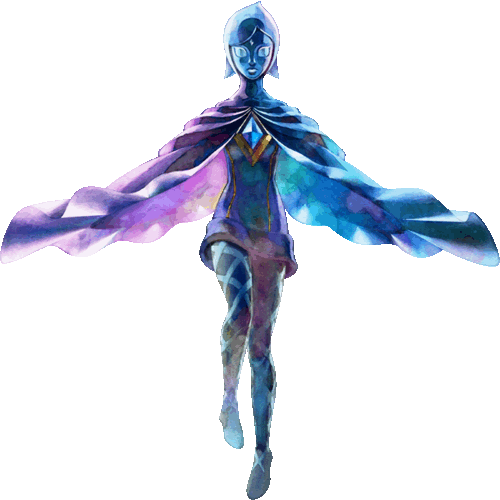
However, that wasn't the best emotion a companion ever brought to the game of Zelda. That's right, it was Skyward Sword. Skyward Sword had an interesting companion intro, and it was well thought out. You meet your companion (Fi), get annoyed by them (Fi), then at the end, when they (Fi) leave you, you want them back. You don't care how annoying they were, or will be, you just don't want them to leave you. You have to end the game on a sad note, and want to do the whole thing over again, just for the companionship. It's a good thing they added in the Hero's Trial! The emotions really built up over time from the mysterious start, to the heart wrenching end.
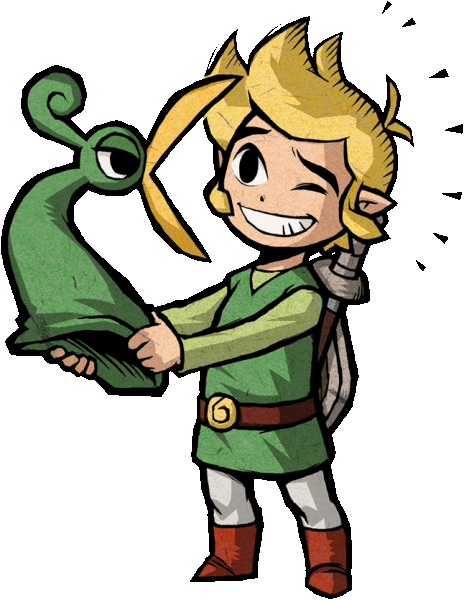
Overall, weather it's meeting Zelda for the first or last time, or parting with your companion, The Legend of Zelda really has a lot of different emotional highs and lows. From parting with Ezlo, to learning about Skull Kid's tragic past, it's really marvelous how rich these games are with storyline emotions. It's not something you find in your average game out there today. If you're one of the people who always try to skip through cut-scenes and text, next time, try reading it. You'll enjoy the game a lot more that way. If you already love the game in all of its entirety, then just keep looking forward to the next one, and enjoying what you already have.
About the Author:
Christopher Weil
The 2006 Time Magazine person of the year, born in Toronto, Canada, Christopher developed a passion for gaming at a young age. His favorite franchise has always been The Legend of Zelda, but he can also usually be found playing SimRacing games such as iRacing. He's in university studying mechanical engineering and looking to start his own 3D printing business.